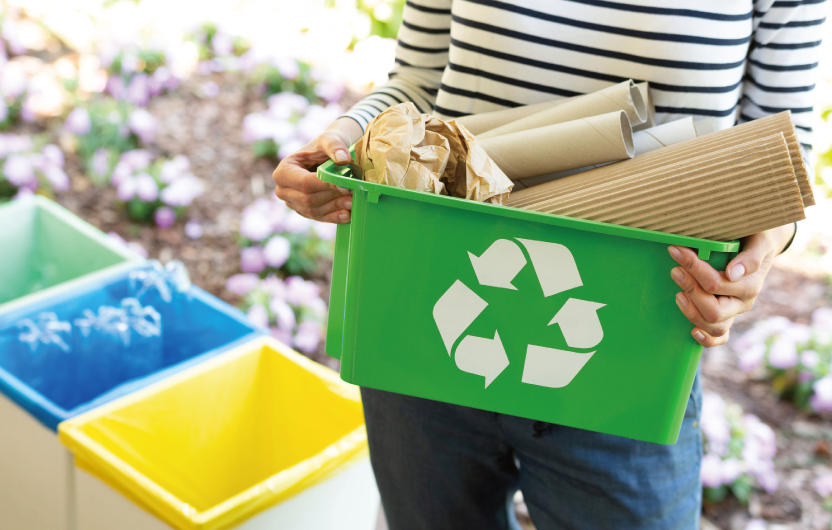OUR BLOG
OUR BLOG
How do they recycle in the rest of the world?
Belgium sells specific bags for each waste
Belgium has “official” bags of different colors for each type of waste: blue for plastics and cans, yellow for paper and cardboard, green for organic vegetable waste such as fruit and vegetables and brown for the rest. These bags cost €1 for small ones and €2 for large ones and are deposited at night on the street. Each day one type of waste is collected. If they are mixed or taken out on the wrong day, citizens can receive fines.

Switzerland and Ireland separate glass by colors
In Switzerland and Ireland, they have different glass containers depending on the color of the bottle. The separation of the glass by color is justified because green or brown colored glass does become transparent again on recycling.
In Ireland
Citizens can choose to buy specific bags or put stickers on their waste bags.
Germany and Finland have DRS (Deposit Return System)
System known as (Deposit, Refund, Return) which is a deposit, return system to recycle beverage containers. When buying the bottles or cans, citizens pay a small extra amount as the cost of the container, which is recovered when they return the container in the machines installed in the supermarkets. Depending on the color of the glass, it can go to the white, brown, or green container, there is a container for the dark glass and another for the transparent one.
United Kingdom
Each city council in the United Kingdom establishes the color of the garbage cans according to the type of waste and the corresponding collection days for each one. Garbage is not collected daily as in Spain.
Sweden and Norway turn garbage into energy (WTE, waste to energy)
The Swedish model employs exhaustive separation of the waste in colored bags at home, to be incinerated later in the recycling stations. Through the WTE (waste to energy) program, Sweden and Norway import waste from other countries to generate electricity.
What do you think is the best way to promote recycling among citizens? Are you in favour of implementing DRS system in Spain?
Source: Ecoembes, Eurostat, National Geographic.
